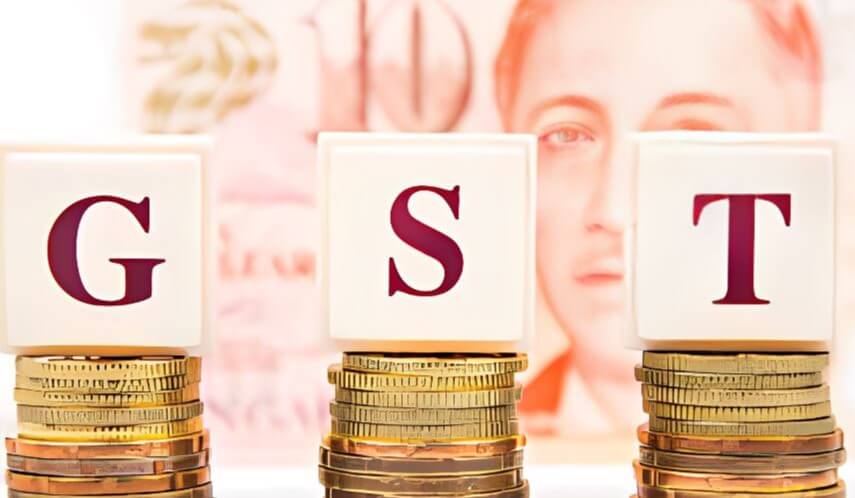As Singapore anticipates an increase in the Goods and Services Tax (GST) to 9% in 2024, many Singaporeans are wondering about the potential implications for their finances. One area of concern is how this change might affect personal loan interest rates. In this blog, we'll explore the relationship between rising GST and personal loan interest rates in Singapore, shedding light on what borrowers can expect and how to make better financial decisions.
How Does GST Affect Interest Rates?
The Goods and Services Tax is a consumption tax that applies to the sale of goods and services in Singapore. When it increases, it has the potential to impact the overall cost of living. This, in turn, can influence economic factors that contribute to personal loan interest rates.
1. Inflationary Pressures
An increase in GST can lead to inflationary pressures on the economy. Higher prices for goods and services may contribute to an overall increase in the cost of living. Inflation erodes the purchasing power of a currency, impacting the overall cost of living for individuals.
2. Impact on Borrowing Costs
As inflationary pressures rise, the cost of borrowing may also increase. This could potentially affect personal loan interest rates, making it essential for borrowers to stay informed about market trends.
Higher inflation may prompt banks and loan providers to charge higher interest rates on loans to compensate for the diminishing value of money over time.
3. MAS Policies
The Monetary Authority of Singapore (MAS) plays a crucial role in shaping interest rate policies. Changes in GST may influence the MAS's decisions to maintain economic stability, impacting the direction of personal loan interest rates.
MAS may adjust interest rates to counteract inflationary pressures caused by an increase in GST. For example, if the GST hike contributes to rising inflation, the MAS might adopt a tighter monetary policy by raising interest rates to cool down the economy.
4. Financial Institutions Strategic Positioning
Financial institutions, such as banks, strategically assess their competitive standing in the market in tandem with monetary measures and policies. The Monetary Authority of Singapore's (MAS) decisions on interest rates can significantly impact financial institutions' borrowing costs and, consequently, influence their strategic decisions regarding the adjustment of interest rates for personal loans.
How To Prepare for the 2024 GST Hike
Budget Wisely
Be smart with your budget, keeping in mind that prices will fluctuate a lot in 2024. Take a close look at how much you make, spend, and save to make adjustments easily when needed.
Plan Ahead for Big Financial Purchases
Anticipating major expenditures such as home renovation, weddings, and buying a car allows you to make informed decisions on timing and financing options, thus minimizing the financial strain that may result from a higher GST rate.
Compare the Best Loan Interest Rates With Lendela
While the exact impact of rising GST on personal loan interest rates is complex and depends on various economic factors, staying informed and proactive is key. With Lendela, you can compare across multiple banks and loan providers to find the best interest rates that align with your financial goals in 2024.
Key Takeaways
- A GST increase can potentially affect personal loan interest rates.
- As inflation rises, borrowing costs may follow suit, potentially influencing personal loan interest rates.
- Use Lendela to compare personal loan interest rates across multiple banks and loan providers to find the best loan rates that fits your financial needs.


